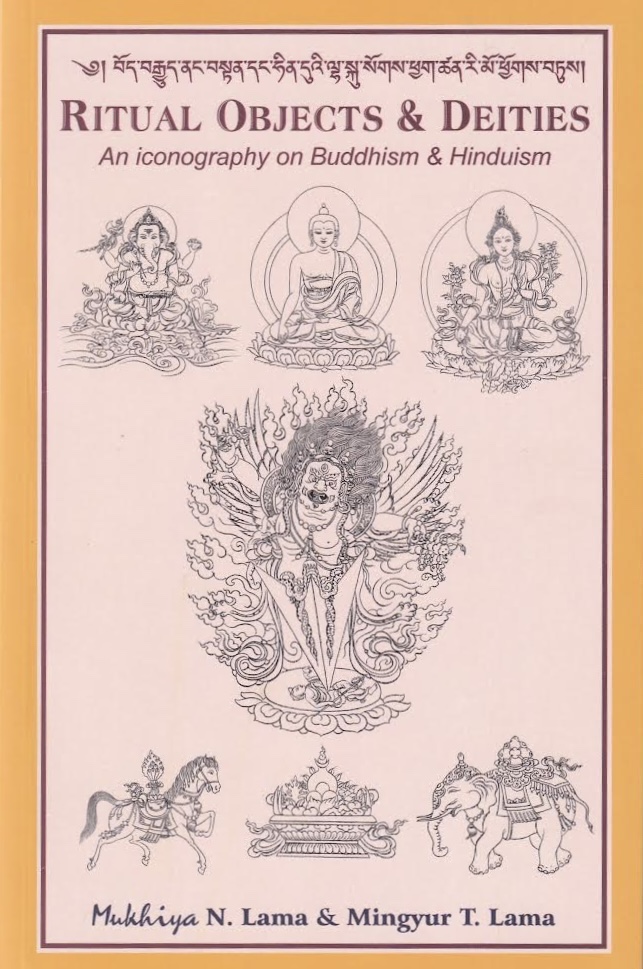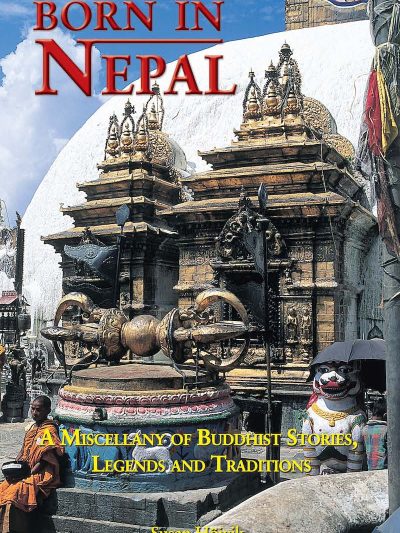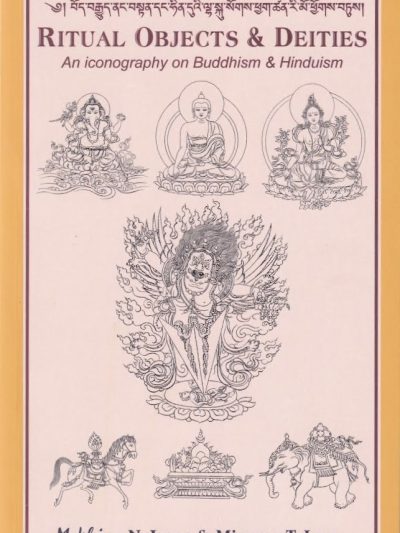Description
Around two thousand six hundred years ago in Kapilvastu, Limbini, now the southern part of Nepal, a genius prince named Siddhartha was born as a child of king Suddhodana and queen Mayadevi. He was predicted that he would either become an emperor or renounce the world for a great spiritual destiny. The king had no interest in seeing his son wander off into the forest in the pursuit of spiritual perfection. He ordered his ministers not to expose the prince to any form of tragedy or allow him to lack anything he desired. Siddhartha remained away from any glimpse of misery and suffering, growing up unaware of the reality of the outside world. Prince Siddhartha was a gifted child. He received the best education, he excelled in sports and physical exploits, and he was the best archer. He had a quick, clear intellect combined with tenderness. Though he was young he used to think a lot about spirituality and humanity. Siddhartha married to Yashodhara at the age of nineteen and the couple had a son, Rahula. Siddhartha was now twenty-nine but the questions of his youth were still in his head. Does life have a purpose? Is there nothing more to hope for than a few friends, a loving family and some memories to savor before one goes? Siddhartha managed to convince his father to agree to a day outside the walls of his states. The king made sure the city was ready: not a single poor, no one sick, no one unhappy was to be present along the prince?s route. Despite these efforts, the young prince caught sight of a decrepit old man, a diseased man, a dead man, and a monk. He saw perilous situation in the human society where there was poverty, suffering, and illness. Siddhartha deliberately consider fi nding out the path to liberate the downtrodden people with the weapon of the wisdom. He resolved to attain such wisdom though the supreme meditation, which he underwent for six years. He revealed that the cause of suffering is the ignorance. He was now the Buddha ?he who is awake? and he now understood the way to that realm of being which decay and death can never touch: nirvana. He did not pretend to be a god or that the gods were speaking through him. He walked from town to town, accompanied by his disciples. His teachings are purely ethical; he only cared about human conduct, nothing about ritual, worship, metaphysics or theology. He denounced the notion of sacrifi cing to the gods, and looked with horror upon the slaughter of animals for these rites. His message is to be kind to all creatures. After teaching for forty-fi ve years, he went to nirvana at the age of eighty. Today Buddha?s doctrine is profound, practical and useful for all the sentient beings.





